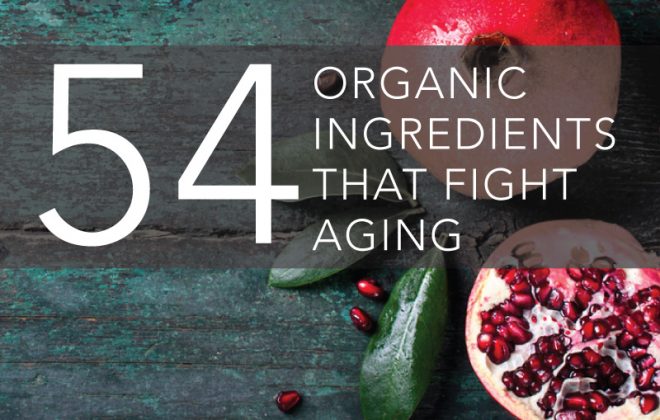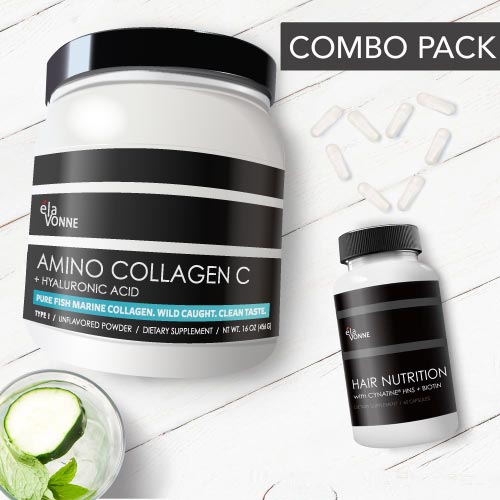Coffee and Collagen: An Energizing Combination for Longevity
You might be surprised to hear about this combination, but truth be told, you’re about to see coffee and collagen in a whole new light. You may even try it for yourself tomorrow morning. Besides coffee being the drink (and vice) of choice for literally millions of people worldwide, there’s a ton of research lately on its benefits as it relates to healthy aging.
We’re also learning that coffee and collagen is a perfect combination as they work in harmony to unlock their combined benefits without any real risk of negative side effects. As collagen powders and hydrolyzed collagens gain awareness in the beauty world, more and more people are finding ways to incorporate this vital nutrient into their daily routines.
Because it’s virtually tasteless, people are adding it right to their morning coffee and noticing the vast benefits of this new “bone broth”.
Collagen and Coffee: The New Bone Broth
The goal behind typical bone broth is that it provides your body with useful dietary collagen for your bones, skin, tendons, and soft tissues. Bone broth contains a useful range of amino acids that protects and heals the body. But, typical bone broth requires hours of simmering meaty animal bones in a large pot, and it’s not exactly what you would want to drink in the morning.
In recent years, people have moved away from boiling up bones to simply purchasing dietary collagen hydrolysate powders made from fish, bovine, or pig sources. The end result delivers the same benefits of bone broth, but with less hassle and better flavor options.
Hydrolyzed collagen is water soluble which makes it easy and convenient to drink in coffee. Collagen powder mixed in coffee creates a hybrid supplement that benefits both the mind and the body. As an anti-aging strategy, we could think of no better combination to try each day, here’s why:
Collagen with Coffee Benefits
1. Powerful Detox Drink
Coffee is loaded with tons of antioxidants and polyphenols that help slow the aging process. It helps protect the body from free radical damage, and boosts liver function for detoxification. Coffee has also been linked to longevity.
The nutritive value of collagen combined with disease-fighting antioxidants make coffee with collagen our anti-aging and beauty drink of choice.
2. Cognitive, Neural, and Brain Support
Coffee helps increase blood flow to the brain and supports healthy cognitive function. Collagen supports neural connections and nerve repair in the brain, and, recent research has found that collagen may even help protect the brain from harmful proteins that lead to Alzheimer’s.
With more mental energy, even in the short term, we can be more productive during the day, we can carry out our workouts a little longer, focus a little better, and have an increased feeling of well-being throughout the day. Long term, we may help to avoid brain and nerve related disorders later in life.
3. Collagen Stimulation
The unique amino acid profile of hydrolyzed fish collagen stimulates your body’s natural collagen production. As we age, our collagen production trends down every year, so we need all the help we can get. Ingesting hydrolyzed fish collagen can slow the look of aging in our skin, and that’s great news.
Collagen is ideally combined with coffee which speeds up its metabolism and absorption and maximizes its benefits.
How and When To Drink Coffee With Collagen
1. Add up to 10 grams of collagen powder to your coffee each day.
10 grams of collagen per day is the minimum dosage for anyone over 30 in order to replace your declining collagen values in the body and slow the appearance of aging in the skin.
2. Preferably, drink coffee with collagen prior to your first big meal.
Hydrolyzed collagen is already predigested and broken down into amino-acid chains so it works well with coffee, and, it’s better absorbed when your stomach is empty. Coffee is known to speed up the digestion process, so, if you just ate a big breakfast, think twice before finishing it off with coffee. It may cause your stomach to empty its contents prematurely.
3. Drink coffee with collagen early in the day, before noon.
Caffeine can linger in the body for up to 12 hours, and takes at least 6 hours for your body to eliminate just half of it. Sleep is vital for healthy aging, so don’t risk sleep disruption by drinking coffee too late in the day.
4. Keep coffee consumption under 2 cups per day (or 2 shots of espresso).
Coffee is a two edged sword, while it can unlock benefits, too much can leave your jittery, anxious, and unable to focus. Too much caffeine can also disrupt your hormones, so protect your hormones by keeping caffeine consumption at a minimum.
Precautions and Tips
Think twice about drinking coffee if you have any thyroid or adrenal issues. Also, know your body in case you are extra sensitive to caffeine.
We recommend avoiding coffee and caffeine consumption if your are pregnant or nursing.
Because of the harmful effects of pesticides, herbicides and other contaminants that disrupt our hormones and body processes, choose to drink only organically grown coffee, if available.
Read: Hormone Tips for Women
Bottomline Regarding Coffee and Collagen
It’s important to know your body and how well you tolerate caffeine, but generally, we feel that the benefits of coffee greatly outweigh the risks. Chances are, if you’re reading this article, you’re already a coffee drinker. Combine your morning cup with a scoop of collagen to make this a great anti-aging broth each day.
Amino Collagen C provides 5 grams of pure hydrolyzed fish collagen in each scoop. No maltodextrin, sugars, or added flavors make this an ideal supplement for your coffee.
Cites and References
Biochem J. 1957 Feb; 65(2): 363–368.
The amino acid composition of fish collagen and gelatin
E. Eastoe
https://www.ncbi.nlm.nih.gov/pmc/articles/PMC1199877/
J Agric Food Chem. 2001 Jul;49(7):3438-42.
Comparison of the antioxidant activity of commonly consumed polyphenolic beverages (coffee, cocoa, and tea) prepared per cup serving.
Richelle M1, Tavazzi I, Offord E.
https://www.ncbi.nlm.nih.gov/pubmed/11453788
J Cell Biol. 2016 Mar 14; 212(6): 721–736.
Collagen-derived matricryptins promote inhibitory nerve terminal formation in the developing neocortex
Jianmin Su,1 Jiang Chen,1 Kumiko Lippold,1 Aboozar Monavarfeshani,1,2 Gabriela Lizana Carrillo,1 Rachel Jenkins,3 and Michael A. Fox1,
https://www.ncbi.nlm.nih.gov/pmc/articles/PMC4792079/






